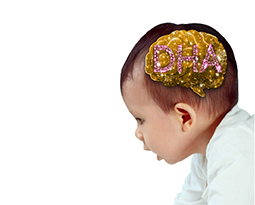Key Factors for Optimal Neural Development & Cognition
- Logo
-

- Main Image
-

- Tagname
- ARTICLE
- Logo link
- title
- Key Factors for Optimal Neural Development & Cognition
- Content Reference
- /content/an/hcpproconnect/in/en/home/pediatric/resources/secure/Key-Factors-for-optimal-neural-development-and-cognition
- Abstract
-
Optimal nutrition during in first two years of life is essential for supporting critical periods of fetal growth and development and for fueling infant and toddler growth (until two years of age). It is during this “golden opportunity window” that the cognitive, emotional and behavioural patterns in a child shape up.
- Publish Date:
- Jan 2021 | 5 min read








